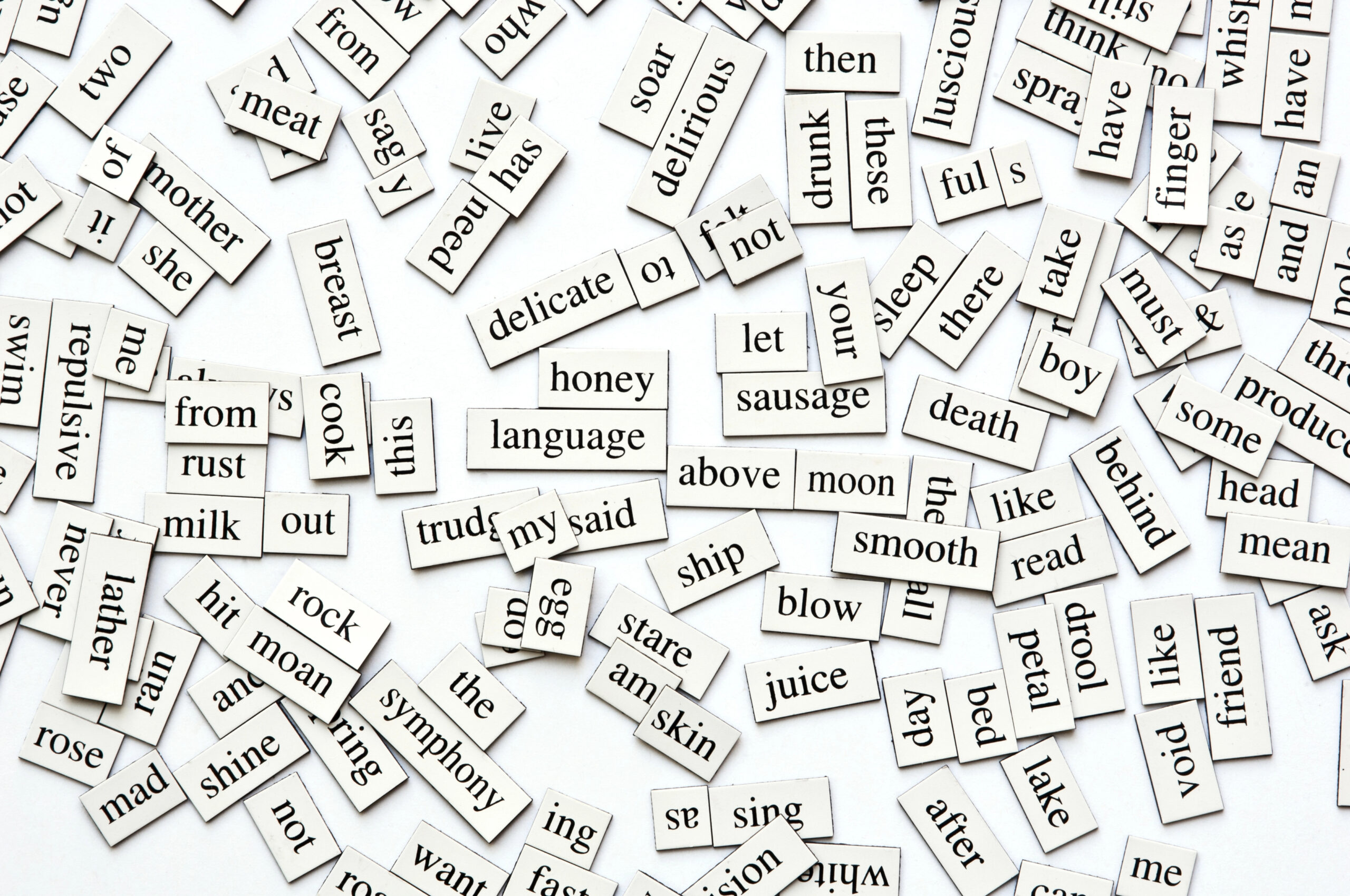Someone I respect very very much has recently taken me to task more than once for my grammar and word choice in the weekly Business Heart article.
I thought I’d share my perspective on writing, communication, and linguistic conventions in my letter back to her. I have nothing but the highest respect for the person I’m responding to, and she’s certainly been a fan of Heart of Business for a long time. I’m simply having fun in my response, and trusting that she and I have enough trust between us that she knows I’m just being a bit silly.
Dear ___,
I’m glad you liked the lesson, if not the writing. I know that when I depart from standard English conventions you feel annoyed or frustrated. I’m not entirely sure why it upsets you so much- I’m very willing to hear more of what happens for you. Meanwhile, let me explain my perspective a bit more, in the hopes that if you see what I’m seeing, it might help to ease some of your discomfort
As for the “me/I” issue: ‘Me’ rhymes with ‘we’- it just sounded better in the subhead, it gave it more flow, and it also, because it does depart from linguistic conventions, creates a bit of both melody and dissonance at the same time, that helps to hold attention in an interesting way. That was my poetic license choice.
Jes’ so’s y’know- I’m a-makin’ these choices consciously. Y’ud mebbe never knows it, but I got me a BA in Englush Litteratter, wit a minor in Frenchy. I worked as an editorial page editor for a daily newspaper with a circulation of 30,000, and I had been a managing editor for a non-profit magazine that went out nationally (and a leetle beet internationally…) I’m just wanting you to know that I’m not making these choices from ignorance- they are conscious manipulation of the language for certain effects.
I’m’a havin’ fun with me words. ‘N nope, nevah evah gonna git me ta git ma scribblin’ dun righ’! 🙂
Actually, it’s interesting- language is always, always changing. And these days, it’s changing very rapidly. There are all sorts of new conventions being introduced- witness the entire sublanguage that’s been introduced through text messaging, never mind all kinds of phrases and words introduced through subcultures like hip-hop, and etc….
Also, because of the incredible mixture of international cultures that has been happening, people from many different cultures and backgrounds have been mixing languages. And not just recently.
In the US, there have been some fascinating studies done on African American ‘slang’ that shows that many of the words and sentence structures are actually holdovers from African languages- far from being ‘wrong’ English, that slang shows an incredible vitality of culture, in the face of some of the most horrific situations humans have been faced with.
Of course, if all someone has is slang, and they don’t have the vocabulary or grammar to fully express their thoughts and emotions, that can be a real problem. However, I don’t see my role in life or business as the grammar educator, or foundational language educator. Instead, I’m hoping to help people become more comfortable expressing themselves in their business, so they can put food on the table, and get their work out in the world.
It’s quite fun! I love watching language evolve, and to see people having fun with their words. If one’s word choice obfuscates the meaning that one intends, then in those cases it’s certainly advantageous to return to linguistic conventions and vocabulary choices that are more broadly understood.
Otherwise, viva la slang!
So, that’s a bit of my perspective. I’d love to hear more of what happens for you personally when I, or anyone else, take these little departures from convention.
peace
M
I’m honestly wanting to understand how/why/how much departures from linguistic conventions can leave a reader feeling annoyed, upset, or otherwise block delivery of the message.
Does slang get your goat?
Here’s my question to you: what’s your opinion? Does slang, or language that otherwise departs from linguistic conventions leave you annoyed?
Or, on the other hand, does it help? I’d love to hear from you.







8 Responses
My answer to your questions is: “It depends.”
Purposeful use of slang can be effective, and is quite different from poor grammar and/or editing. Examples: “Y’all” or “ain’t” don’t bother me in appropriate context. OTOH, misplaced apostrophes drive me batty (“it’s” vs. “its”).
I’ve been known to diverge from grammatical convention a time or two in my own writing. I’ll admit, I’m not as purposeful or deliberate about it as you, Mark (tho I do got me a deegree in Frenchy, too).
On one hand, if I’m always using correct grammar, it can come across as stuffy to my audience (which is made up of bright, slightly harried people). I think they enjoy a little word-play and levity.
On the other hand, if I take it too far, it can look sloppy and be a sign of disrespect to my reader.
So, I ususally default to my own gut-check. My inner dialog is something like, “Is this odd? Inappropriate? Does it add to the message or detract?” Those questions usually help me decide.
Great topic!
Sometimes 100% grammatically correct sentences can distance us from readers–they create this forcefield of formality that makes people wonder how close they can really get to you. And whether you really understand them & all their glorious imperfections. I think it’s better to write like you talk, especially with electronic communications, which most people scan anyway. Better to write in a way that makes people want to read it than to observe the pristine laws of grammar & to sound like a high school english teacher. I loved your last newsletter, btw. Didn’t notice anything amiss. I agree with Anne–confusing “its” & “it’s” confusion would definitely be crossing the line!
I love the way you write articles Mark. I love your humor and the way you spell, use grammar, paragraphs, etc just adds to the flavor of your message.
I find short paragraphs very refreshing.
@Anne- I agree, for me it does depend on whether it’s conscious and helping, versus unconscious and making things worse.
@Jennifer- I totally agree about the stuffy thing. I like your inner dialog questions for sure.
I’m not always that conscious or deliberate, but I try to be. I really enjoy communicating by the written word, and so I have some fun with it.
Mark, I was going to say that I too got a degree in English litterchur and for some years my day job (actually evenings, usually) was as a legal proofreader and editor. We had to be sticklers for correct language, and really whip those attorneys’ prose into correct form. Sometime along the way I lost my zest for perfection. Then I read Kelly’s comment above about a “force field of formality” that perfectly articulates what I was struggling to say. I think grammatical precision does exactly that… it confers an aura of “authority” upon those who use it. These days, that kind of taken-for-granted authority tends to be either boring or suspect. I far prefer a more natural, talky style and you’re one of my best models. On that other hand I too am one of the misplaced-apostrophes-drive-me-nuts crowd. And I have to confess that I don’t much care for dialect in writing, particularly when it involves lots of alternate spellings and apostrophes in prolonged exchanges between characters. Huck Finn drove me batty!
@Susan- yep, Kelly sure named it- “force field of formality’… and I have to admit, secretly, that mistakes drive me batty, too.
It’s great to see you here! I trust your life is good for you..?
Slang is really gets me annoyed most of the times.
Why not use the proper words. To be more professional that way.